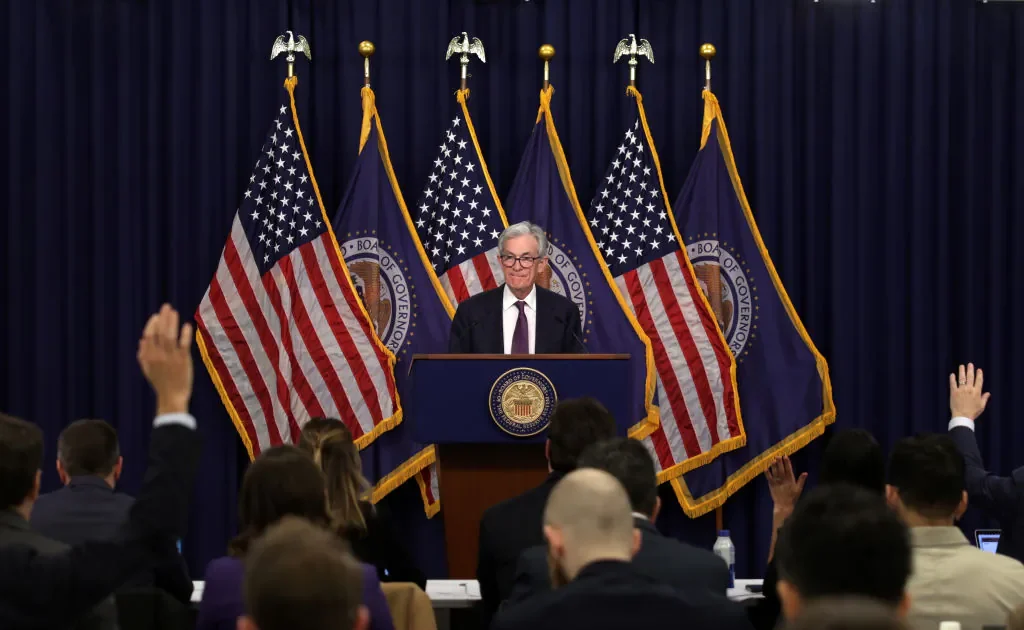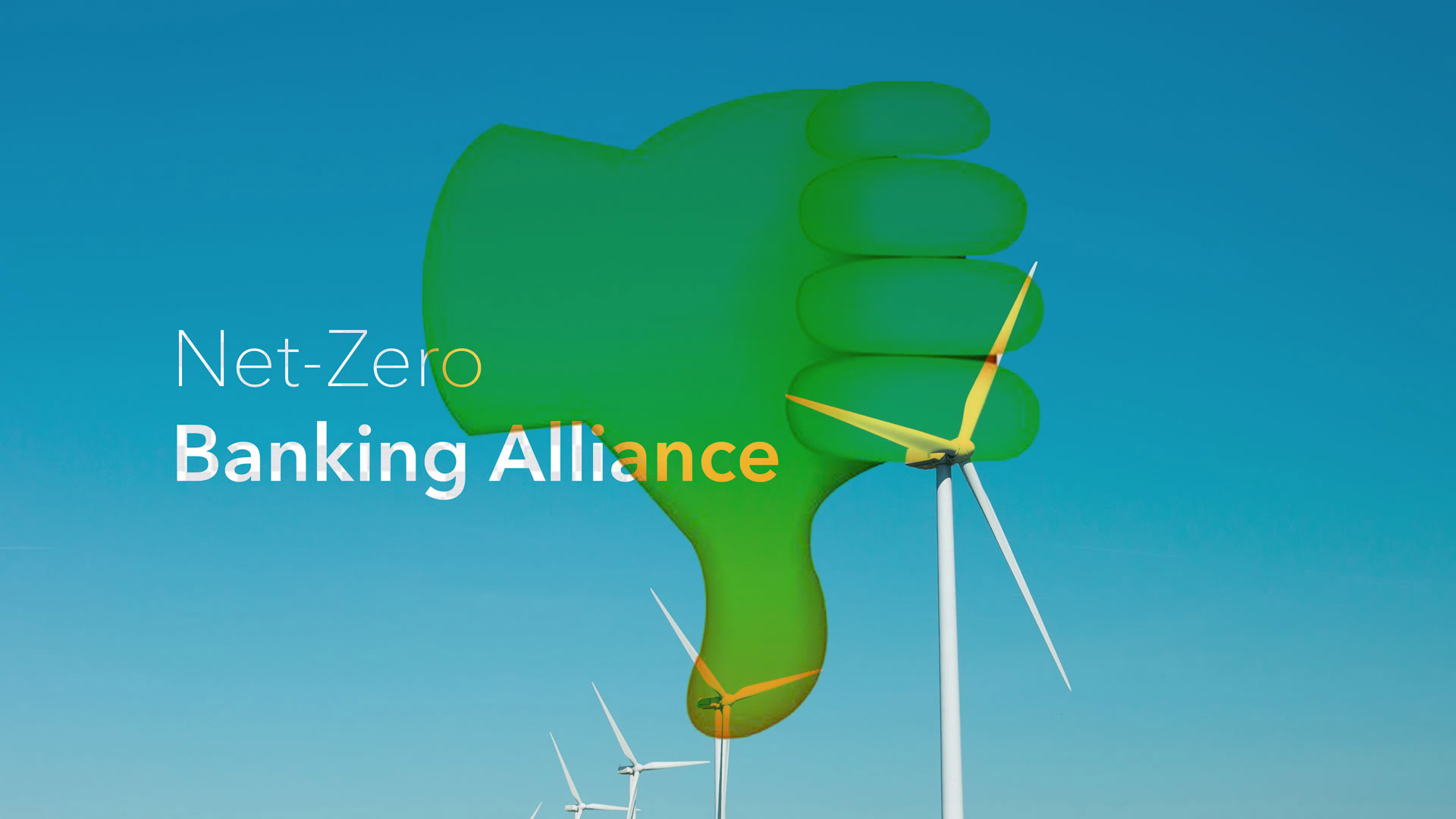




On February 5, 2025, the U.S. Treasury Department announced its withdrawal from the Network of Central Banks and Supervisors for Greening the Financial System (NGFS), a significant climate risk mitigation network that includes 143 members from over 90 countries. This decision aligns with President Trump's recent focus on prioritizing economic growth over environmental initiatives, echoing his earlier withdrawal from the Paris Climate Agreement in 2017 and again in 2025 [89720733][5c2a6ec2].
Treasury Secretary Scott Bessent stated that the NGFS's objectives conflicted with the administration's economic priorities, marking a clear shift in the U.S. approach to climate policy [89720733]. The Federal Reserve, which had joined the NGFS in 2020 but was not part of the steering committee, also withdrew from the network on the same day. Notably, five out of seven Federal Reserve governors voted in favor of this exit, reflecting a consensus among officials regarding the need to reassess climate commitments [89720733][aa31be40].
The NGFS was established in 2017 to encourage financial institutions to adopt green mandates and integrate climate risk into their operations. The recent departures of major U.S. financial institutions from climate-focused alliances, including BlackRock's exit from the ‘Net Zero Asset Managers Initiative,’ highlight a broader trend of reassessing climate commitments within the financial sector [0f884b91][5c2a6ec2].
Will Hild of Consumers’ Research praised the Treasury's withdrawal as a 'major victory for consumers,' criticizing the NGFS for promoting what he termed a 'radical climate agenda' [5c2a6ec2]. Meanwhile, European banks such as Standard Chartered, ING, and Deutsche Bank continue to support climate initiatives, underscoring a stark divide between U.S. and European financial institutions regarding their environmental goals [3057feaf]. As the political landscape evolves, analysts suggest that rising 'anti-woke' sentiments among right-wing politicians are influencing corporate strategies concerning climate commitments [0f884b91]. The future of collective action in the banking and investment sectors remains uncertain as these major players navigate environmental challenges and societal pressures [40c98868][3057feaf].